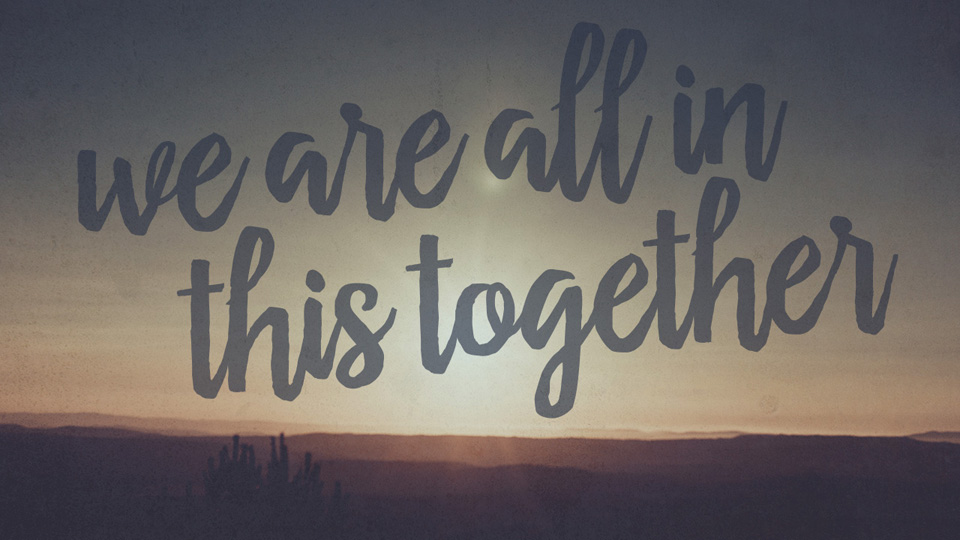
For any social initiative or enterprise to be successful, it requires the investment and participation of members of that society.
Without ordinary consumers sending in their complaints and problems and praise, we would just be whistling in the whirlwind, and we appreciate it when people take time out of their day to participate in this grand experiment to build a better Zimbabwe.
It is refreshing to see an increase in the number of stories we get of people actually taking matters into their own hands and demanding good service from their providers.
Take, for example, the lady who purchased a large amount of groceries from a supermarket where nobody lifted a finger to help her pack them.
After getting attitude from the till operator, she politely asked to speak to the manager and made her complaint. She received a series of evasive answers and an extremely offensive suggestion, which prompted her to contact us with details of her entire ordeal. Having forwarded her complaint to the large organisation concerned, we received assurances that they are looking into their processes and systems to try and improve the situation.
It is inevitable that organisations that provide products or services will get complaints. The reason for this is sometimes a process breaks down and results in an unanticipated event that either created a faulty product or service.
A complaint, and the management oversight of how that complaint is handled, is a test to the system. It can test the customer service skills of trained employees and can help identify areas that may be weak for future training.
Customer complaints should be viewed as a friend to the organization and an opportunity to improve what you do and how you do it. This is an opportunity for the company involved to work on their systems before they lose even more customers to their competition.
An improvement in service means more and better shopping options for the consumer, and everybody wins.
Another example of direct consumer action is from Bulawayo, where a gentleman noticed a shop in Nkulumane selling expired milk products. Products with April expiry dates were still being sold a month later. He asked one of the workers about the matter and she laughed it off.
He then proceeded directly to Nkulumane Clinic, where he lodged a complaint with the Environmental Health Officer, who didn’t take the matter lightly and rushed to the shop immediately. The issue is now in the hands of the authorities.
It is in this kind of situation, where a danger to the public health is discovered, that we as consumers need to do something for the greater good. Even if it means just pulling over and removing a brick from the middle of the road, or reporting the construction of an illegal structure, we really are all in this together.
With corruption levels where they are, the only resource we have as Zimbabweans is each other, and if we pull together and demand better services from those we pay to provide them, we can make changes towards a better society.